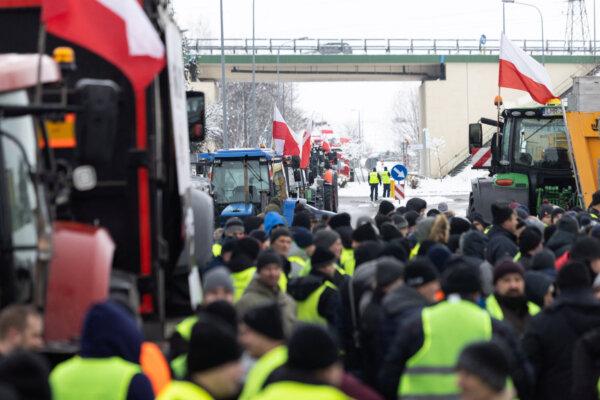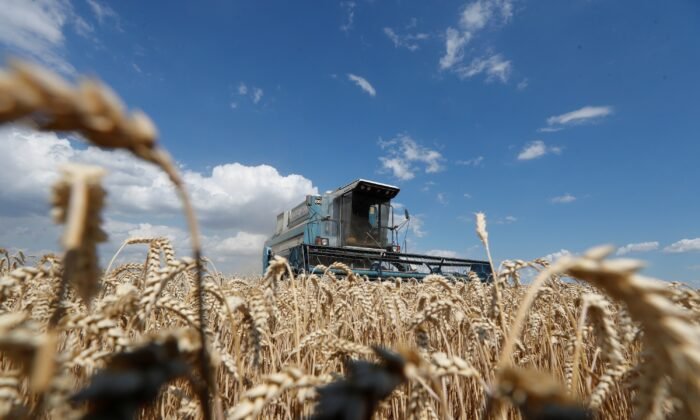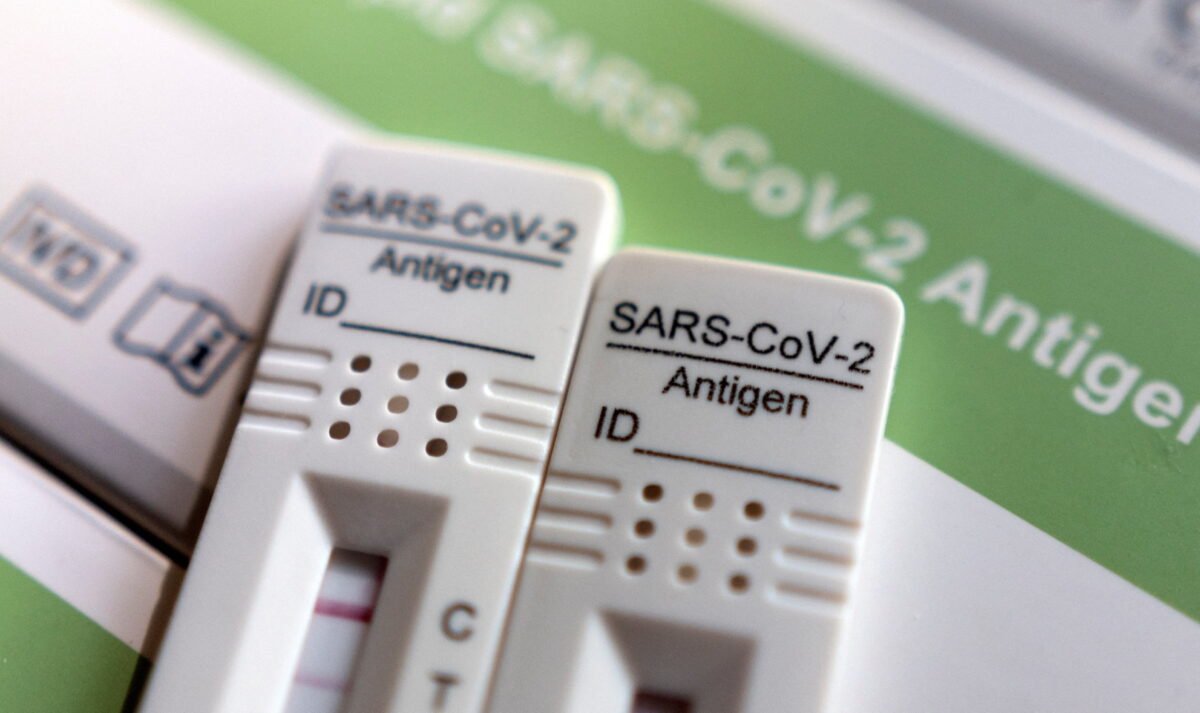EU Continues Offering Tariff-Free Access for Ukrainian Food Despite Russian Invasion
The legislation will extend the temporary suspension of import duties and quotas on Ukrainian agricultural imports for another year.
European Union lawmakers approved the continuation of tariff-free access to EU markets for Ukrainian food producers for another year, rejecting proposed amendments that could have imposed additional restrictions.
The legislation, introduced by the European Commission, will maintain the suspension of import duties and quotas on Ukrainian agricultural imports for another year until June 2025.
Furthermore, the bill includes provisions to re-impose tariffs on sensitive agricultural products like poultry, eggs, and sugar if their imports exceed average volumes from 2022 and 2023.
If Ukrainian imports cause significant disruptions to the EU market or the markets of EU member countries, the legislation empowers the commission to implement necessary measures.
The committee approved the bill with 26 votes in favor, 10 against, and one abstention. The bill must proceed to the parliament for further approval and then to the Council of the EU for final authorization. The European Parliament is scheduled to vote on the bill in the upcoming week.
The EU initially implemented trade liberalization with Ukraine in June 2022 to alleviate the economic impact of the Russian invasion, including the destruction of Ukrainian production facilities and the Russian blockade of Black Sea shipping routes.
Polish farmers and truckers have been blocking Ukrainian border crossings, citing unfair competition from cheaper Ukrainian imports.
Amendments
Lawmakers proposed several amendments which were rejected, including adding cereals, wheat, oilseeds, and honey to the list of products subject to emergency tariffs.
Another discarded amendment suggested using 2021 instead of 2022 and 2023 as the reference years for determining duty-free import volumes. This was before Russia’s invasion when tariffs and quotas limited Ukrainian exports to the EU.
The rejected amendments were proposed by lawmakers from center-right and right-wing parties, notably from Romania and Poland.
An excluded amendment, raised by Italian and French lawmakers, required Ukrainian agricultural products imported to the EU to meet the bloc’s quality standards, particularly regarding toxic substances.
French legislator Thierry Mariani attempted to add an amendment ensuring that the revenues from these imports do not benefit Ukrainian oligarchs who dominate the country’s agricultural market, but this was not included.
Left-wing German lawmaker Helmut Scholz proposed revising the provision that tariff suspension is dependent on Ukraine respecting democratic principles, human rights, the rule of law, and efforts to combat corruption and organized crime by adding a clause necessitating taxes from companies benefiting from the measure.
Mr. Scholz argued that some agri-food exporters engage in tax avoidance practices, such as shifting their companies to tax havens like Cyprus or the British Virgin Islands, but his proposed revision was not adopted.
Farmers Interest GroupDisappointed
The EU farmers’ interest group COPA-COGECA expressed disappointment that EU lawmakers disregarded improvements to the trade liberalization law affecting Ukraine.

The group specifically highlighted concerns regarding the impact on producers of cereals, sugar, poultry, eggs, and honey, stating that these producers bear a disproportionate burden with this policy, and their concerns have been overlooked.
COPA-COGECA urged the EU parliament to incorporate final amendments in the legislation during the next plenary session.
Ukraine Agrees Conditionally to Restrictions
Ukraine’s Deputy Minister of Economy Taras Kachka stated on March 6 that Kyiv is willing to accept new EU restrictions on Ukrainian agri-food exports but urged the EU to ban Russian grain imports.
“Perhaps we all need a managed approach to trade flows between Ukraine and the EU during a transition period of this kind. As for wheat, it is not Ukraine that creates problems for Polish farmers but Russia,” Mr. Kachka conveyed, as reported by the portal Online.ua.
Reuters contributed to this report.






